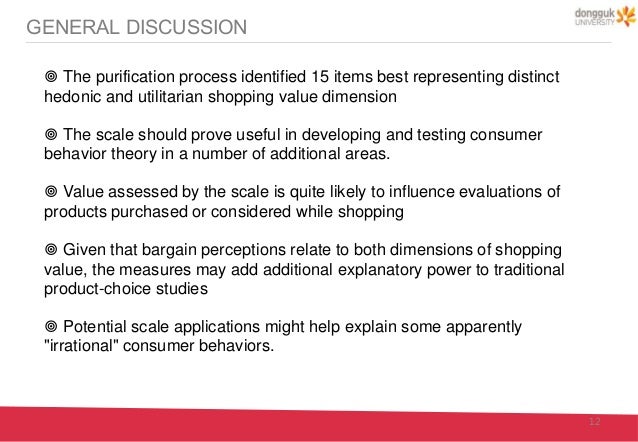

In fact, people embrace AI's recommendations as long as AI works in partnership with humans. However, companies whose customers are known to desire personalized recommendations should rely on humans.Īlthough there is a clear correlation between utilitarian attributes and consumer trust in AI recommenders, companies selling products that promise more sensorial experiences (e.g., fragrances, food, wine) may still use AI to engage customers. These results suggest that companies whose customers are known to be satisfied with "one size fits all" recommendations (i.e., not in need of a high level of customization) may rely on AI-systems. The more utilitarian/functional features were highly rated, the greater the preference for AI over human assistance, and the more hedonic/experiential features were highly rated, the greater the preference for human over AI assistance.Īnother study indicated that when consumers wanted recommendations matched to their unique preferences, they resisted AI recommenders and preferred human recommenders regardless of hedonic or utilitarian preferences. In one study, participants were asked to imagine buying a winter coat and rate how important utilitarian/functional attributes (e.g., breathability) and hedonic/experiential attributes (e.g., fabric type) were in their decision making. When utilitarian features are most important, the word-of-machine effect was more distinct.

When asked to only consider hedonic/experiential attributes, a higher percentage of participants chose human recommenders." Longoni explains that "We found that when presented with instructions to choose products based solely on utilitarian/functional attributes, more participants chose AI-recommended products. The researchers tested the word-of-machine effect using experiments designed to assess people's tendency to choose products based on consumption experiences and recommendation source. Consequently, the importance or salience of utilitarian attributes determine preference for AI recommenders over human ones, while the importance or salience of hedonic attributes determine resistance to AI recommenders over human ones. The word-of-machine effect stems from a widespread belief that AI systems are more competent than humans at dispensing advice when functional and practical qualities (utilitarian) are desired and less competent when the desired qualities are experiential and sensory-based (hedonic). Relying on data from over 3,000 study participants, the research team provides evidence supporting a word-of-machine effect, defined as the phenomenon by which the trade-offs between utilitarian and hedonic aspects of a product determine the preference for, or resistance to, AI recommenders.
Utilitarian vs hedonic how to#
The key factor in deciding how to incorporate AI recommenders is whether consumers are focused on the functional and practical aspects of a product (its utilitarian value) or on the experiential and sensory aspects of a product (its hedonic value).

As these companies evaluate AI-based assistance, one critical question must be asked: When do consumers trust the "word of machine," and when do they resist it?Ī new Journal of Marketing study explores reasons behind the preference of recommendation source (AI vs. More and more companies are leveraging technological advances in AI, machine learning, and natural language processing to provide recommendations to consumers. Hedonic Contexts: The 'Word-of-Machine' Effect" and is authored by Chiara Longoni and Luca Cian. The study, forthcoming in the the Journal of Marketing, is titled "Artificial Intelligence in Utilitarian vs.


 0 kommentar(er)
0 kommentar(er)
